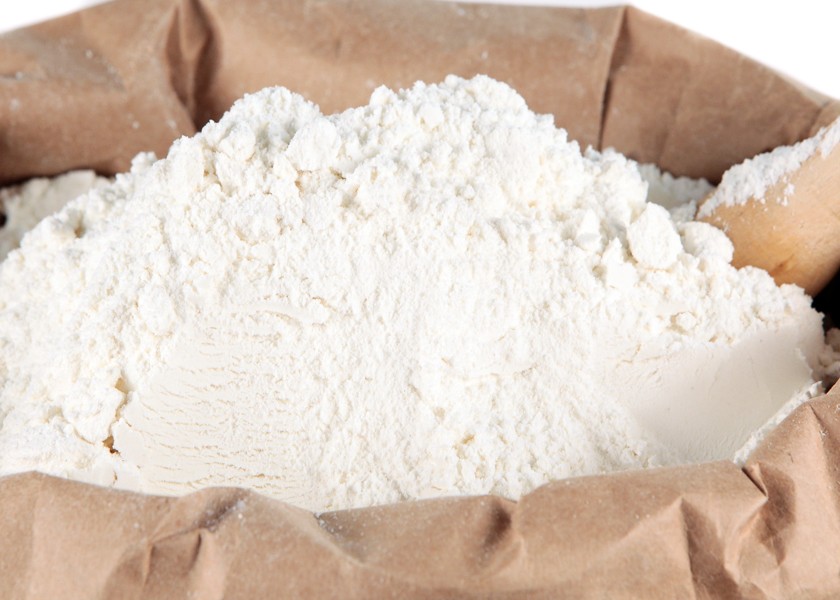Agricultural researchers and nutritionists have warned that food sold in supermarkets could be a health hazard due to aflatoxin. Speaking during the inaugural East Africa Food Safety, Nutrition, Agro-processing and Innovation Conference at the Kenya Forest Research Institute headquarters, the experts called for strict regulations to ensure consumers are safe.
“Aflatoxin in maize is a national crisis. It has killed people and will continue to do so. Research shows it is highly concentrated in maize in Eastern region. We need to come up with ways of dealing with it to end needless deaths,” said Prof Ruth Oniang’o, chair of Sasakawa Africa Foundation.
She added: “Research shows that flour from maize in our supermarkets has aflatoxin. It has also been found out that when maize contaminated with aflatoxin is fed to animals, milk, meat and eggs also contain it. We urgently need strict regulations to manage the crisis, otherwise, we are killing ourselves and generations to come,” Ms Oniang’o said.
Dr Gerald Moy, a food safety consultant with the Geneva-based International Union of Food Science and Technology noted that for Africa to reduce effects of aflatoxin, gaps that exist in its management should be filled. “We need to train rural women to promote awareness of the danger of aflatoxin and integrate aflatoxin reduction methods into food security,” Dr Moy said.
Prof Theophilus Mutui, a chief biosafety officer at the National Biosafety Authority, said genetically modified organisms (GMOs) hold the future of Kenya’s food security. “To ensure Kenyans have physical and economic access to sufficient, safe and nutritious food, the country should adopt GMOs,” he said. The meeting noted that about 10 million Kenyans suffer chronic food insecurity and poor nutrition, out of which four million need emergency food supplies.
Margaret Aleke of the Kenya Bureau of Standards (KBS) said food standards are critical in assuring safety and health of the people. “Food safety is a public issue and when our foods are contaminated, food security is negated. This gives rise to food-borne diseases that become a burden to health care, reduce economic activity and loss of income,” Ms Aleke said.
She called for regulation of global trade and urbanisation, which are known to increase food contamination because of long distances involved. Education Cabinet Secretary Fred Matiang’i in his speech read by Dr Moses Rugutt, the Director General of the National Commission for Science, Technology and Innovation emphasised the role of higher education in ensuring enough food in the country.
“Higher education is critical in addressing food security and the Government is calling on food experts and universities to be on the forefront of finding solutions to food deficit,” Dr Matiang’i said.



















































![Pula Co-Founders and Co-CEOs, Rose Goslinga & Thomas Njeru. Pula provides agricultural insurance and digital products to help smallholder farmers manage climate risks, improve farming practices and increase their incomes. [ Photo / Courtesy ]](https://businesstoday.co.ke/wp-content/uploads/2021/01/Pula-Co-Founders-and-Co-CEOs-Thomas-Njeru-Rose-Goslinga.jpg)




























































Leave a comment